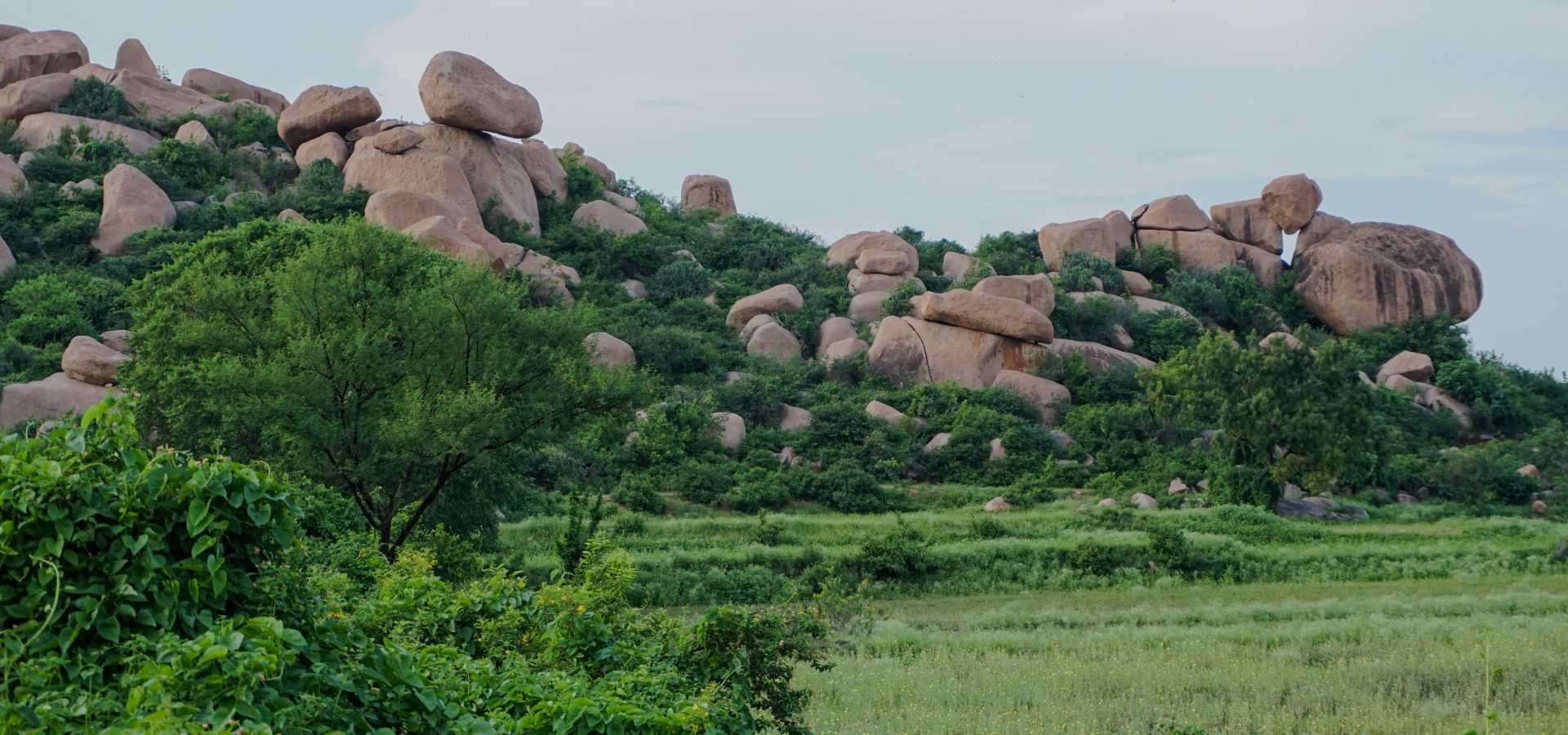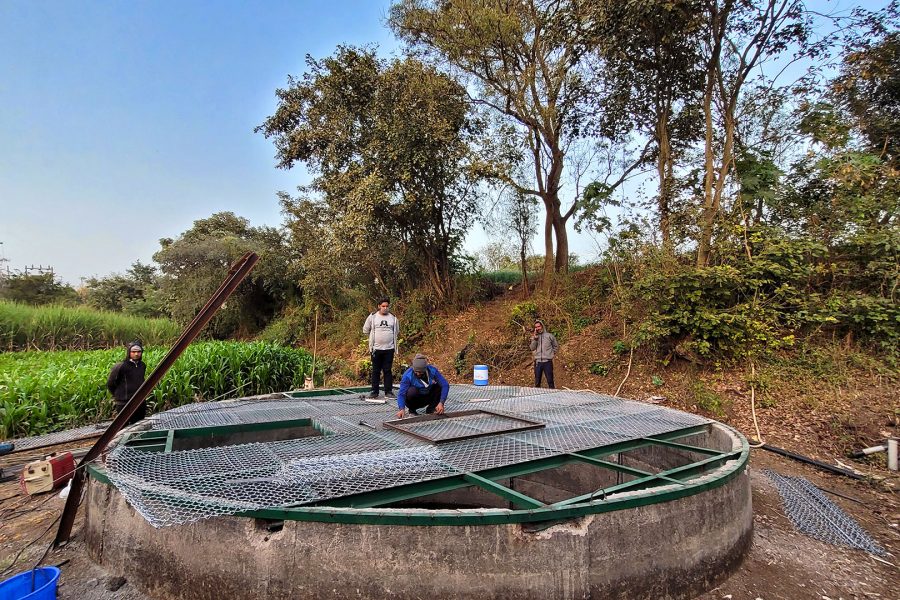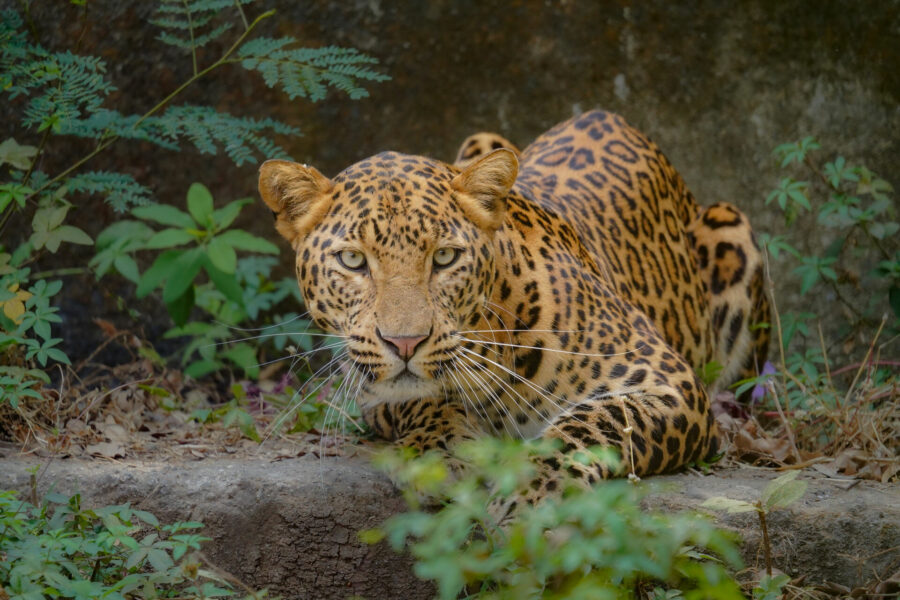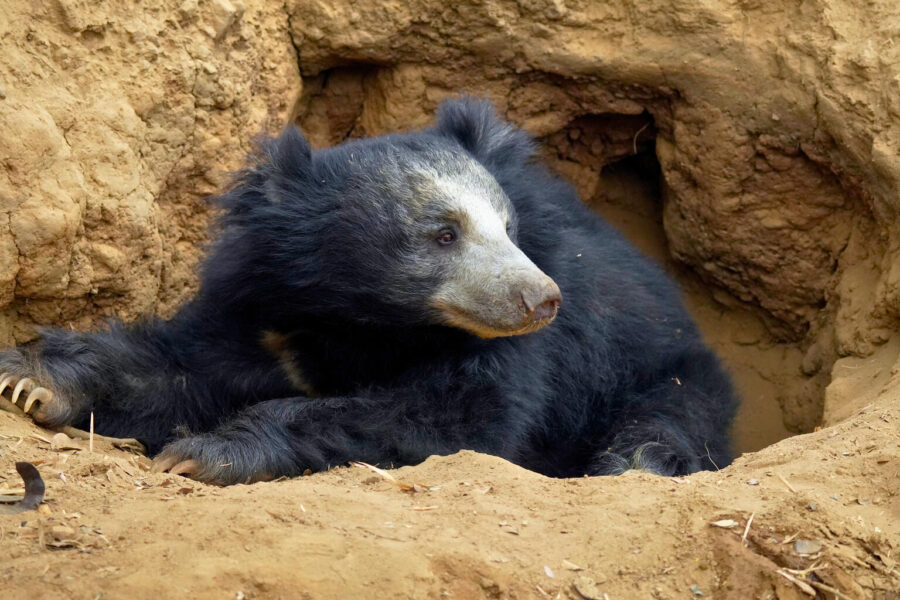“Caring for wildlife is not just an act of compassion; it is an investment in our own future.”
Sir David Attenborough
Human desires are boundless. However, one of the harsh realities we face today is that the resources to fulfil our wants are limited. In our relentless pursuit of various aspirations, humanity has laid claim to all available natural resources. However, this has exacted a heavy toll on our planet, depleting and degrading precious ecosystems, thereby jeopardising the very essence of life on Earth.
This is especially true for the wildlife that inhabits our environment. As the human population grows and our communities encroach upon their habitat, competition for resources intensifies, leading to the rise in human-wildlife conflict. Habitat loss due to human activities such as deforestation and urbanisation is one of the most significant threats facing wildlife. As natural habitats shrink, animals lose their territories and become more vulnerable to predators, and this causes ecological imbalance.
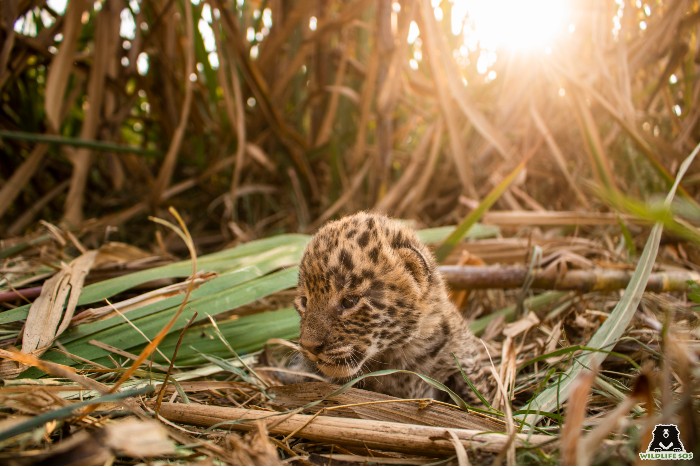
Additionally, poaching of animals for food, traditional medicine, and the pet trade is a persistent menace that targets wildlife populations. Human-induced climate change adds more pressure to these animals as rising temperatures, altered rainfall patterns, and an increased frequency of extreme weather affect ecosystems worldwide. As habitats become inhospitable, the resident wildlife struggles to adapt and survive.
Given these grave threats, it becomes imperative that we take swift and decisive action in order to slow the tide. The loss of biodiversity not only diminishes the beauty of our fascinating planet, but also disrupts vital ecological processes that support all life forms, including humans. However, addressing these threats is often a formidable challenge, as human needs tend to take precedence over environmental concerns.
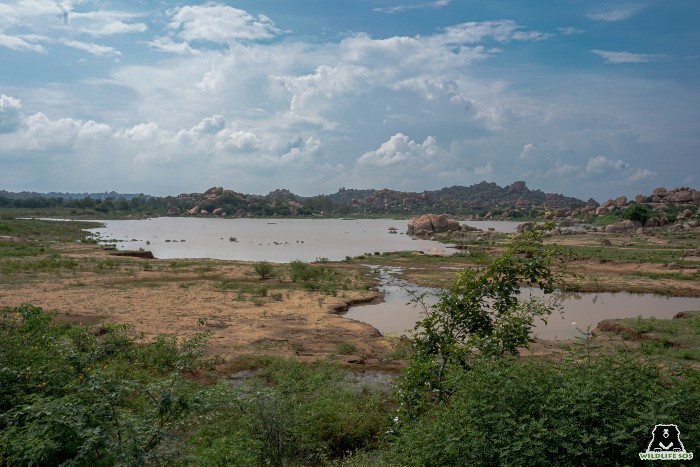
This is precisely why animal welfare and conservation organisations rely heavily on charitable contributions and fundraising efforts from individuals and corporations who share a passion for protecting our wildlife. Fundraising plays a critical role in the success of non-profit organisations’ vision. Without the generosity of philanthropic individuals and the success of fundraising campaigns, many NGOs would not have been able to exist, let alone make an impact on the world. By actively participating in fundraising initiatives, we can collectively contribute to the preservation and conservation of our precious wildlife and the ecosystems they depend on.
What is Fundraising?
Fundraising involves actively seeking contributions from individuals, corporations, or other entities who are willing to invest their resources to support a particular organisation and its initiatives. According to a report by Harvard University, the global philanthropy sector is young but is growing at a fast pace. This reflects the rising concern among people and corporations to contribute and create a positive impact for future generations.
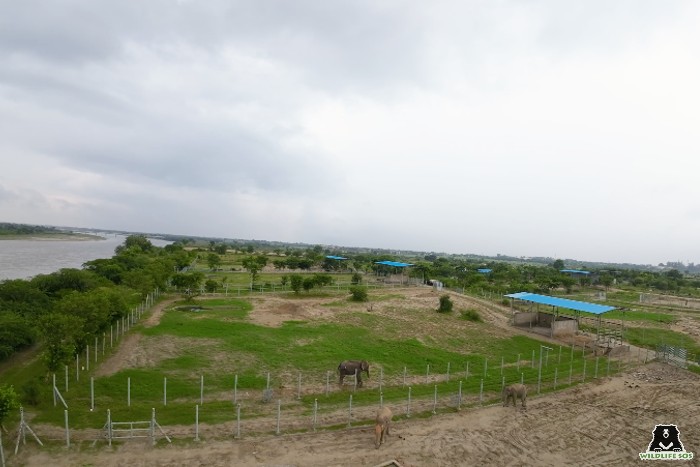
Just like it does for humanitarian foundations, fundraising serves as the lifeblood of wildlife conservation charities, enabling them to tackle the immense challenges animals and the environment face. These organisations rely on the commitment of individuals and groups that recognise the urgent need to protect our planet’s rich biodiversity. Through their participation in fundraising events, these passionate people play a vital role in advancing wildlife conservation initiatives. Their contributions enable the preservation of endangered species, the restoration of fragile ecosystems, and the promotion of harmonious coexistence between humans and wildlife.
Fundraising efforts are crucial for organisations to function effectively and continue their vital work in protecting and conserving wildlife.
Wildlife SOS
Wildlife SOS is a non-profit organisation dedicated to rescuing and safeguarding animals from situations of distress and exploitation. Through our relentless efforts, we have successfully rescued several wildlife, and provided rehabilitation under expert care to sloth bears, Asiatic black bears, Himalayan brown bears, reptiles, birds, elephants and leopards. We also actively contribute to various conservation efforts ranging from scientific research and habitat restoration to anti-poaching initiatives and awareness campaigns.
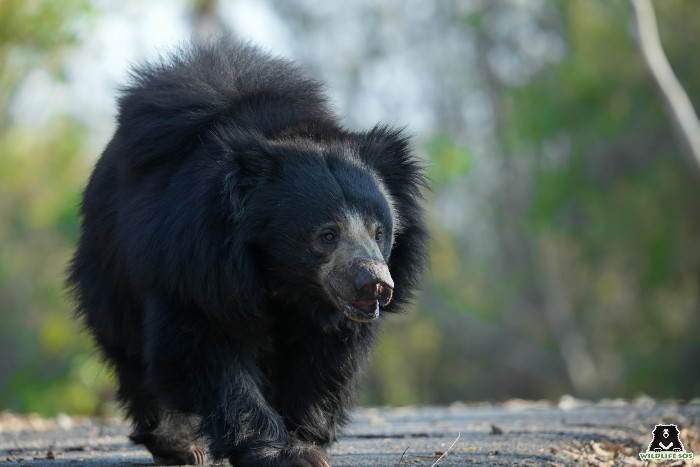
Additionally, our intent extends beyond individual rescues as we have also played a significant role in resolving the cruel practice of ‘dancing’ bears in India. The ‘dancing’ sloth bears were rescued from the Kalandar community that solely relied on this practice for their livelihood. In order to truly rescue the bears from exploitation, it was essential to address the underlying issue of abject poverty within the community. Over the past 25 years, Wildlife SOS has been committed to empower the Kalandar community, including its women, with skills to support alternative livelihoods. For the community to progress, we also assist the education of its children, thus shining a light on their future. This community outreach programme has had a lasting impact since its people no longer rely on wildlife exploitation for income.
Without a doubt, the costs associated with wildlife conservation are substantial. But we’ve been able to do incredible work because of the unwavering financial support we receive from generous individuals. It is through their collective commitment that we have been able to make a tangible impact.
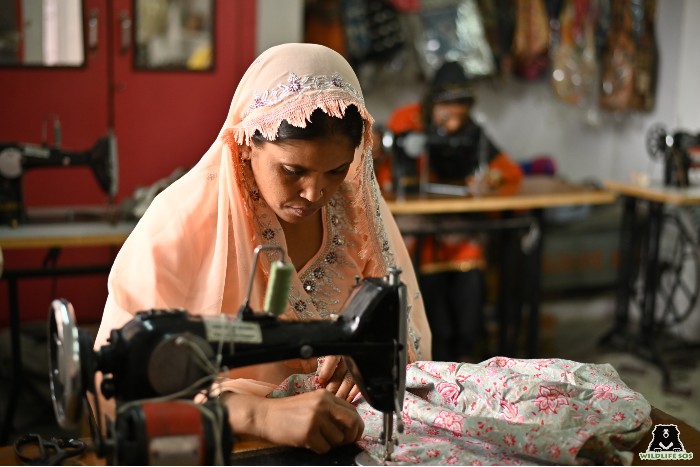
Thus, fundraising plays a pivotal role in not only providing us with the necessary financial resources, but also in extending our sphere of influence and raising awareness on a broader scale. Through the support of our dedicated donors, we can extend our reach, raise awareness, and advocate for the protection of wildlife and their habitats. The commitment of our supporters to our cause has been the cornerstone of our success, demonstrating the power of joint action towards meaningful change.
If you would like to contribute to our cause and support our efforts, please click here to make a donation. Together, let’s make a difference in the lives of animals that need urgent attention and work towards a better future for wildlife conservation, and ourselves.

